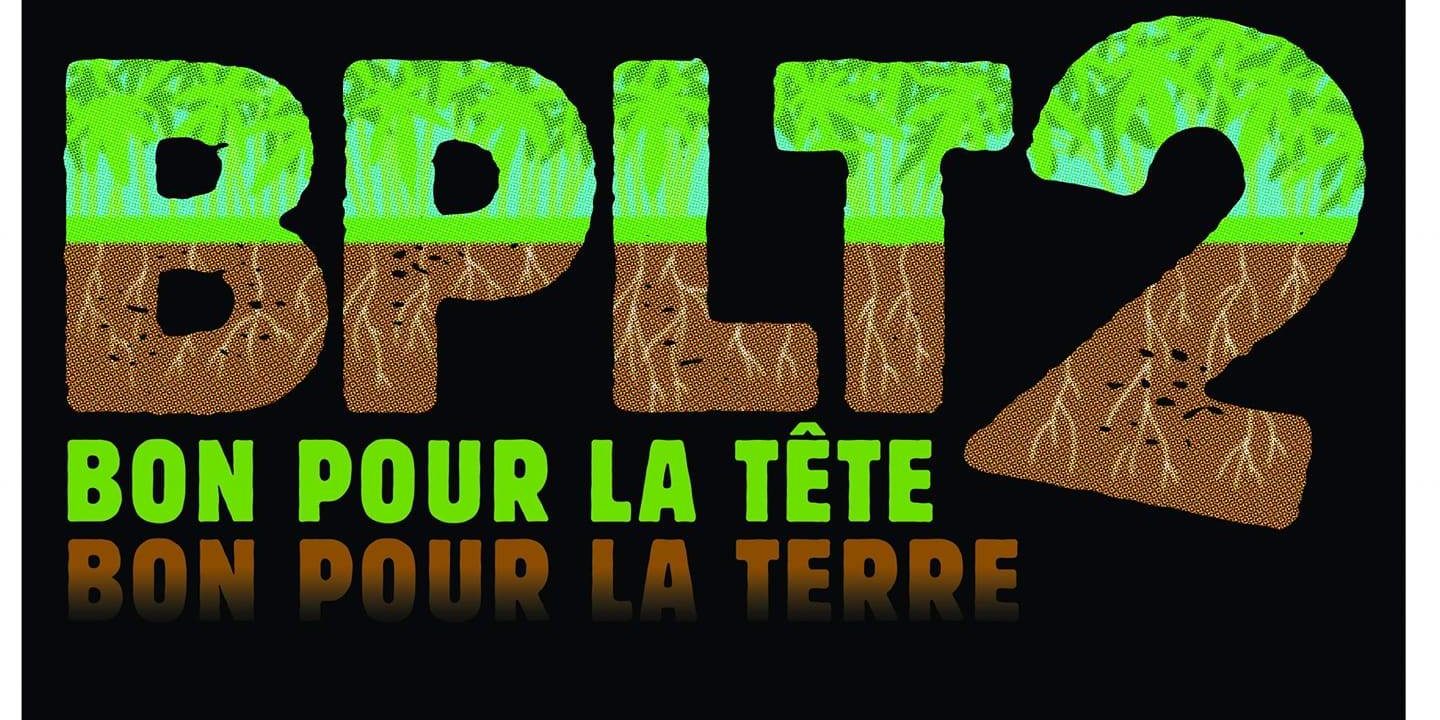
Chaque année depuis 1901, le Comité Nobel remet ses prix en diverses disciplines. Presque chaque année depuis 1994, le Drugs Peace Institute soumet à ce même comité, la candidature d’une personnalité ou d’une organiisation s’étant distinguée dans le domaine de la politique internationale des drogues opposant à la « guerre aux drogues », une solution pacifique. Mauricio Mamani Pocoaca, Evo Morales Ayma, Ben Dronkers et John Marks, José (Pépé) Mujica, les Cannabis Social Clubs, les Huichols Mexicains et, en 2020, Leila de Lima, sénatrice philippine détenue par le président Duterte depuis plus près de quatre ans pour son opposition au génocide des toxicomanes dans ce pays, en ont été.
Pour le Prix Nobel de la Paix 2021, le DPI a choisi d’honorer l’action collective des cannactivistes français.es, en rendant notamment hommage à l’association historique des cannabinophiles, le CIRC (collectif d’information et de recherche cannabique) qui fêtera au mois d’octobre son 30ème anniversaire.
Cette démarche militante, intitulé Le Grand Bouquet Cannabique, vise à stigmatiser le rôle délétère qu’occupe la France en la matière, perpétuant une politique désastreuse à l’encontre des usagers des drogues en général, et du cannabis en particulier. Elle tend également à souligner l’hypocrisie d’un État face à un phénomène culturel sans précédent où l’usage d’une plante – le chanvre toujours – n’a cessé de se populariser malgré une répression sans pitié.
La France, « pays des Lumières », « patrie des Droits de l’Homme » comme elle ne cesse de le répéter, pour mieux s’en convaincre sans doute, va-t-elle encore longtemps ignorer le tournant historique opéré depuis les Amériques où les « Pères Fondateurs de la prohibition » que sont les USA s’emploient désormais à abolir État par État cette honteuse législation ?
C’est la question que souhaite soulever cette initiative alors que de plus en plus de Français.es s’interrogent sur la pertinence de la politique des drogues tandis que d’autres se voient soumis à ses conséquences directes que sont l’emprise des réseaux criminels sur les quartiers populaires et le harcèlement quotidien d’une police manifestement débordée et impuissante.
Une quinzaine de personnalités de la « cannosphère » s’est dors et déjà engagée dans cette opération, appelant d’autres à les rejoindre.
—
ENGLISH VERSION A NOBLE PEACE PRIZE AGAINST THE « WAR ON DRUGS »
Every year since 1901, the Nobel Committee has awarded its prizes in various disciplines. Almost every year since 1994, the Drugs Peace Institute has submitted to the Nobel Peace committee the candidacy of a personality or an organization having distinguished itself in the field of international drug policy opposing to the « war on drugs », a peaceful solution. Mauricio Mamani Pocoaca, Evo Morales Ayma, Ben Dronkers and John Marks, José (Pépé) Mujica, the Cannabis Social Clubs, the Mexican Huichols and, in 2020, Leila de Lima, Philippine senator held by President Duterte for nearly four years for her opposition to the genocide of drug addicts in her country, have been.
For the 2021 Nobel Peace Prize, the DPI has chosen to honor the collective action of French cannactivists, in particular by paying tribute to the historical association of cannabinophiles, the CIRC (collective of information and cannabis research) which will celebrate its 30th anniversary in October.
This militant approach, entitled Le Grand Bouquet Cannabique, aims to stigmatize the deleterious role that France plays in this area, perpetuating a disastrous policy against drug users in general, and cannabis in particular. It also tends to highlight the hypocrisy of a state in the face of an unprecedented cultural phenomenon where the use of a plant – cannabis again – has continued to become popular despite ruthless repression.
France, « country of the Enlightenment », « homeland of Human Rights » as she keeps repeating, the better to be convinced no doubt, will she for a long time ignore the historic turning point made from the Americas where the “Founding Fathers of Prohibition” that is the USA are now working to abolish this shameful legislation state by state?
This is the question that this initiative wishes to raise when more and more French people wonder about the relevance of the drug policy while others see themselves subjected to its direct consequences which are the grip of the criminal networks in working-class neighborhoods and the daily harassment of an obviously overwhelmed and powerless police force.
About fifteen personalities from the « cannosphere » have already signed up to this operation, calling on others to join them.
Contact DPI : nobel[at]drugspeaceinstitute.org








